It’s undeniable, the Covid-19 pandemic changed every aspect of day-to-day life, including the world of work. While employees are heavily impacted, HR teams are tasked with the lion’s share of challenges in almost every aspect of their job. From every trial, however, comes opportunity. Let’s dive into just how Covid-19 changed HR, the challenges that will remain moving forward, and the unique opportunities that come from trying to come together while staying apart.
Remote Work
Without a doubt, one of the most apparent shifts due to Covid was the transition to remote work. For HR, this created a slew of unique challenges, namely:
- Technology and equipment,
- Policy and procedure updates,
- Performance management ,
- Remote leadership,
- Training programs for all levels of work,
- Mental health support, and
- Connection.
Businesses need to invest in the appropriate technology and equipment to allow their employees to do their job effectively — and also train them to use it. This requires creating brand new training programs for all levels of work and implementing them from remote positions.
Learn how to implement employee well-being into your total rewards with our free guide.
Once employees set up their home offices, childcare became an added difficulty due to closed schools and daycares. Working remotely also posed managing performance from afar — a vital consideration for roles with performance-based wages. Cambridge University Press diligently pointed out another element to remote work:
“The success of remote working is also dependent on the managers’ understanding of the virtual supervision of employees. In this context, HRM practitioners should play a strategic role by supporting and training these managers on how to manage a virtual team, to help them overcome these difficulties, and to cope with remote working challenges in order to be able to support their team members.”
Micromanaging, even from afar, leads to a sense of mistrust, and autonomy in the workplace is paramount for the latest generation in the workforce.
The last two challenges — connection and mental health support — will be largely ongoing moving forward. The lack of an office space creates distance between employees and the company they work for. Businesses need to ensure that their brand builds purpose and buy-in amongst their employees. Remote work also takes a toll on mental health. Some people often have trouble disconnecting and distancing themselves from their email, computers, or other aspects of their job. This could start to look like adding telehealth benefits to plans and creating virtual lunches and coffee breaks, as well as scheduled wellness minutes into employees’ calendars.
Hiring & Firing
Another area that HR faced considerable challenges in, thanks to the pandemic, were hiring and firing. Early on, many businesses saw layoffs in the face of uncertainty. HR was tasked with managing fair dismissals, as well as dealing with distressed employees. SHRM put it best, coining HR’s various tasks as “moving targets.”
“Not only are HR professionals concerned about employees’ health and well-being during the pandemic, they are also under the strain of processing the paperwork and providing solace to the millions of workers who have been laid off or furloughed. For employees still on the job, HR managers are trying to keep their workers productive, motivated, engaged and connected—all factors that are moving targets in the new normal.”
Now that the coin has turned, hiring in a post-pandemic world looks vastly different. For one, hiring strategies need to reflect remote processes for recruiting, vetting, interviewing, and hiring. Secondly, if your business didn’t employ appropriate HR technology or adapt to remote work, it will lose its competitive edge in the hiring pool. According to HR Executive, “Surveys suggest as many as 40% of workers are actively seeking better pay and more flexible work-from-home policies.” Finally, how your business handled the pandemic will be reflected in employee reviews on pages like Glassdoor, greatly affecting your business’ branding and therefore appeal to new talent.
Looking to the Future
Of the challenges that HR tackled, what has remained a permanent shift? New hiring practices, the uptake of remote roles, learning how to create, maintain and promote culture to build branding and buy-in for distanced workers, a new focus on mental health and well-being, and a new assumption of benefits are among the few ways HR has changed due to Covid. Several opportunities also remain exciting open doors thanks to these shifts. Among them is an uptake of new AI and HR technology, such as telehealth options, new ways of onboarding, and different tools to connect from afar. While a number of the old procedures will remain in the Human Resources toolkit, the role of HR has definitely seen a large shift in how it relates to employees and what we can expect of it moving forward.









